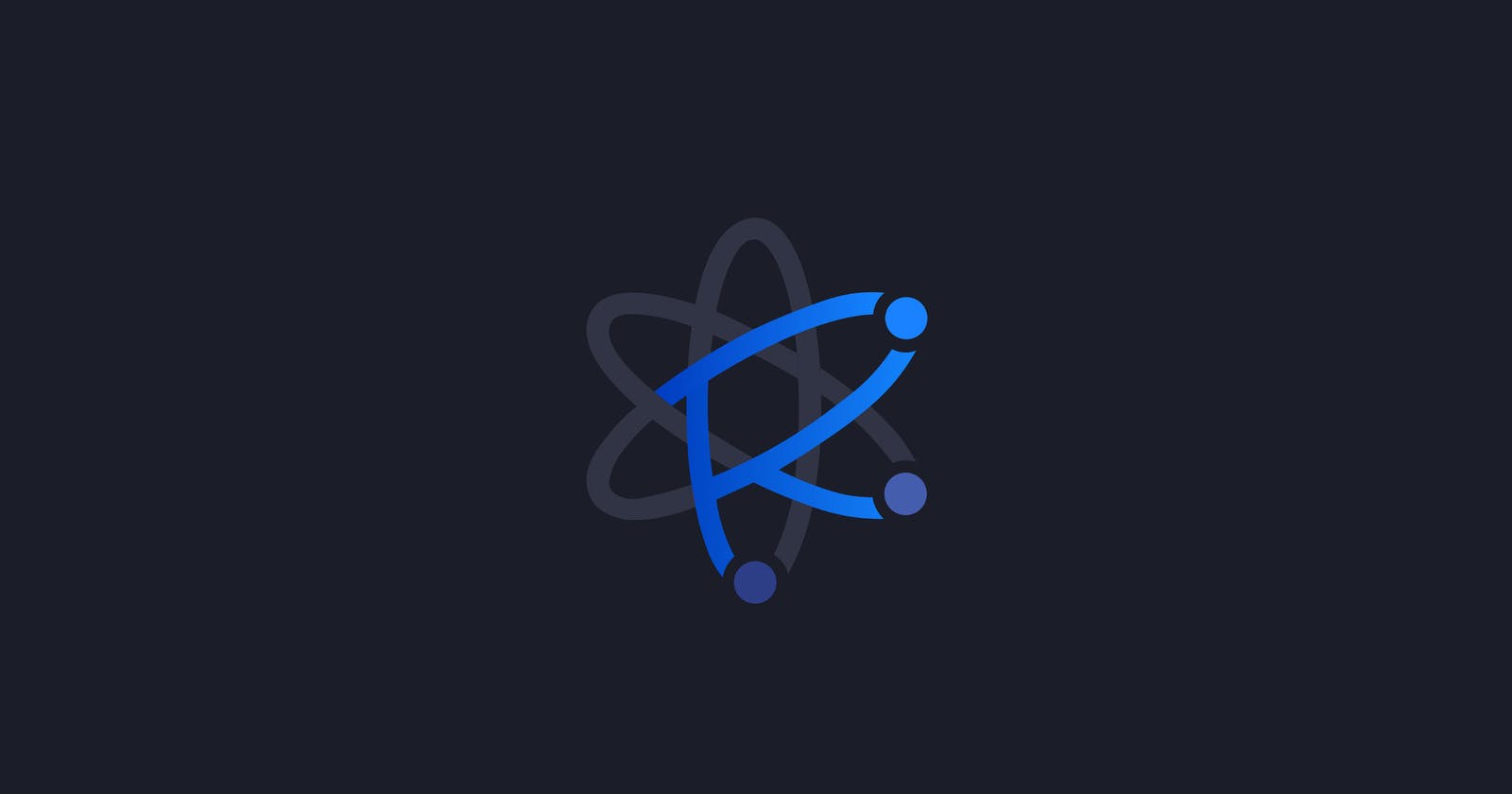Getting started with React can be an exciting journey, and while you don't need to be an expert from the get-go, some key skills can pave the way for a smoother learning experience. Here's a breakdown of the essential skills you should consider developing as you embark on your React adventure:
1. Fundamental JavaScript Knowledge:
- Before diving into React, ensure you have a solid understanding of core JavaScript concepts. This includes variables, data types, functions, loops, and object-oriented programming.
2. Understanding of ES6+ Features:
- Familiarize yourself with modern JavaScript features introduced in ECMAScript 2015 (ES6) and later. Concepts like arrow functions, template literals, destructuring, and classes will be commonly used in React development.
3. HTML and CSS Basics:
- While not React-specific, having a good grasp of HTML and CSS is crucial for building user interfaces. React uses JSX (a syntax extension for JavaScript), which closely resembles HTML, so familiarity with HTML structure is beneficial.
4. Node.js and npm:
- React projects are typically managed using Node.js and npm (Node Package Manager). Understand how to use npm for installing and managing packages, as well as how to set up a basic Node.js environment.
5. Command Line/ Terminal Skills:
- Comfort with the command line or terminal is essential for tasks like creating React apps, running scripts, and managing dependencies. Basic navigation and command execution are fundamental skills.
6. Component-Based Thinking:
- React is all about components. Develop a mindset for breaking down UIs into modular, reusable components. This not only promotes a clean code structure but also facilitates easier maintenance and scalability.
7. State and Props Handling:
- Understand the concepts of state and props in React. State manages the dynamic aspects of your components, while props allow data to be passed between components. Mastery of these concepts is crucial for building interactive and dynamic applications.
8. React Router:
- Learn how to handle navigation in a React application using React Router. This skill is essential for creating single-page applications with multiple views or pages.
9. Basic Understanding of HTTP and APIs:
- Many React applications interact with external data through APIs. Familiarity with concepts like HTTP methods, RESTful APIs, and asynchronous JavaScript (promises, async/await) will be beneficial.
10. Developer Tools Proficiency:
- Get comfortable using browser developer tools, especially React DevTools. These tools provide insights into the component hierarchy, state, and props, making debugging and development more efficient.
11. Version Control (e.g., Git):
- Version control is a standard practice in software development. Learn the basics of Git for tracking changes, collaborating with others, and managing your React project's codebase.
12. Responsive Web Design:
- Understand the principles of responsive web design to ensure your React applications look and function well across various devices and screen sizes.
Remember, becoming proficient in React is a gradual process. Continuously build projects, seek guidance from the community, and don't be afraid to explore advanced topics as you grow as a React developer. Happy coding! 🚀
